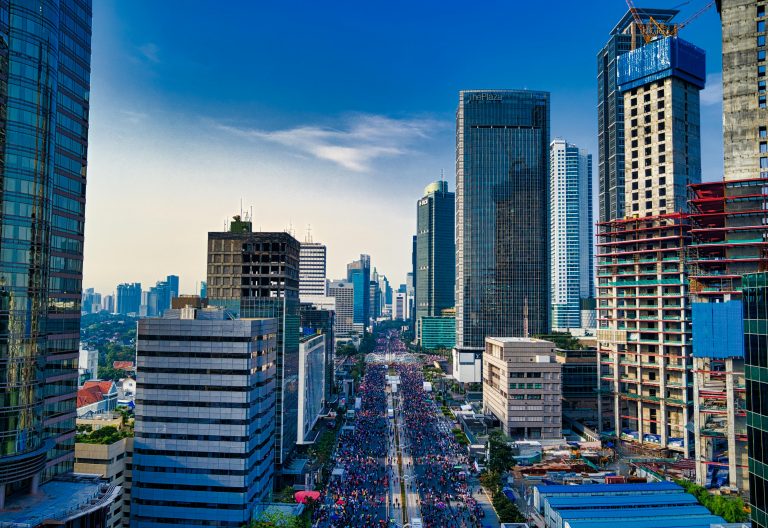Kenyan private sector hit by economic slowdown as rising prices dent consumer spending

Businesses across Kenya are facing renewed economic strain as rising prices erode consumer spending power, triggering a slowdown in private sector activity and undercutting job creation prospects.
This is according to the latest Stanbic Bank Kenya Purchasing Managers’ Index (PMI), which fell to 49.6 points in May 2025, marking the first contraction in eight months.
The PMI, a key indicator of business conditions in the country, showed a noticeable drop from 52.0 points in April 2025. Any reading below the 50-point threshold indicates a contraction in business activity, while figures above that point signal growth.
“The Stanbic Kenya PMI signalled fragility in the private sector’s recovery. There was a moderate contraction in output and a decline in new orders after seven months of expansion. Purchasing activity was also down, reflecting a lack of new projects,” reads the report.
The report paints a sobering picture for firms trying to recover from months of economic volatility. The decline in orders and output has immediate repercussions, particularly for staffing levels. As sales weaken, businesses find it harder to maintain their workforce or take on new employees, casting a shadow over Kenya’s broader employment outlook.
It notes that the output – which measures the total goods and services produced – posted its sharpest contraction in ten months. The slowdown affected several major sectors, with construction, wholesale and retail, and services taking the brunt. In contrast, agriculture and manufacturing showed unexpected resilience, recording modest growth despite the broader decline.
One of the primary drivers of this contraction is a fall in new business orders, suggesting that demand for goods and services is softening. For ordinary Kenyans, this reflects a more painful reality – inflationary pressures have left households with less money to spend.
The cost of essential items such as food, fuel, and household goods has continued to rise, forcing consumers to cut back on discretionary purchases.
“Many Kenyans are currently grappling with a severe economic crisis that directly impacts their purchasing power, forcing them to make tough choices about what they can afford,” the report noted.
Production cost and output
Even as demand fell, input costs for businesses rose at the fastest pace in four months. Rising raw material costs, increased tax obligations, and general inflation have pushed up operational expenses across sectors. Despite these mounting pressures, most firms chose not to pass the full cost onto consumers.
The PMI data indicates that selling charges – the prices that businesses charge for goods and services – rose at their weakest rate since October 2024. This cautious approach reflects efforts by firms to remain competitive and retain customers in an increasingly price-sensitive market, even if it comes at the expense of profit margins.
“While there were pockets of optimism, with some businesses managing to attract new clients through aggressive marketing, these gains were isolated. The general tone of the report suggests that firms are still hesitant to make significant investments or expansions.”
It further says some businesses increased inventory levels and brought on short-term staff to handle specific demand spikes, but such moves remain tentative. Business confidence, especially regarding the outlook for the next 12 months, remained subdued and close to recent lows.
This level of caution, coupled with the broader economic environment, suggests that Kenya’s private sector faces significant headwinds in the months ahead. The combination of sluggish consumer demand, rising input costs, and weak business sentiment is likely to limit growth and slow down the pace of job creation.
“Purchasing activity was also down, reflecting a lack of new projects.” This points to a private sector that is not only feeling the effects of inflation but also scaling back plans amid uncertainty about the near-term future,” the report explains.
The latest PMI data signals that while inflation control and revenue generation are critical, so too is creating an environment where businesses can thrive and create employment. Without that, Kenya’s economic recovery risks stalling just as momentum had begun to build.











